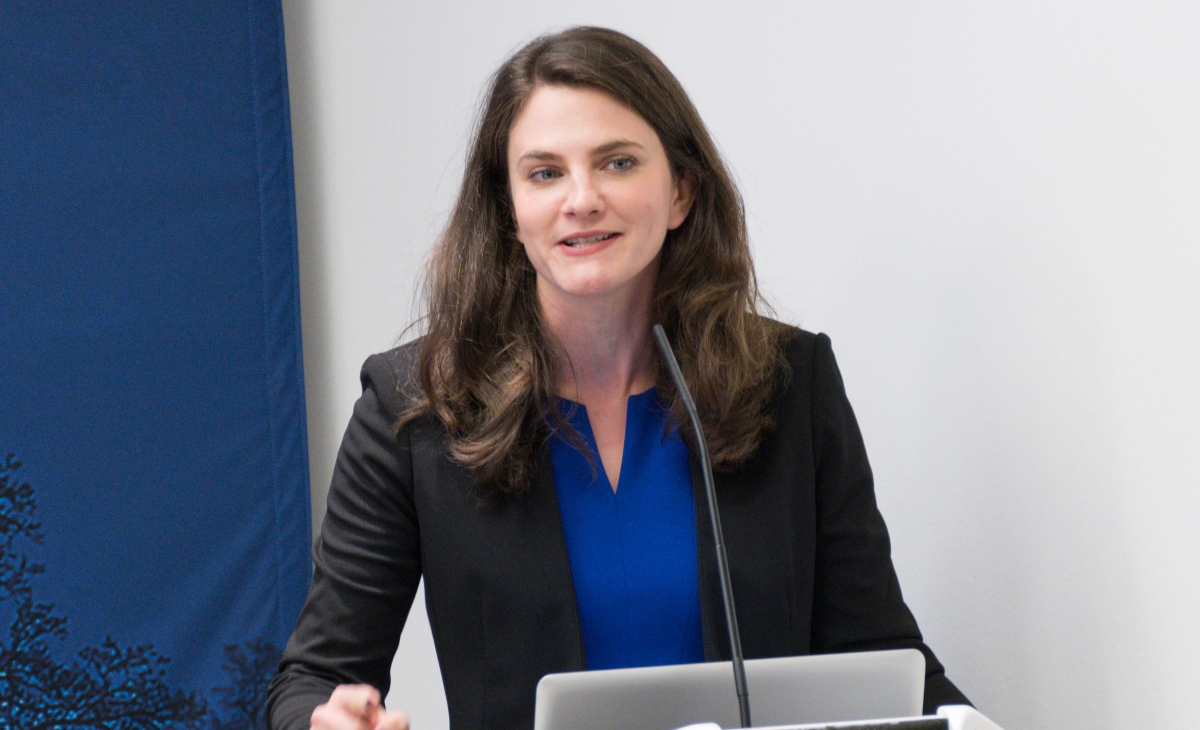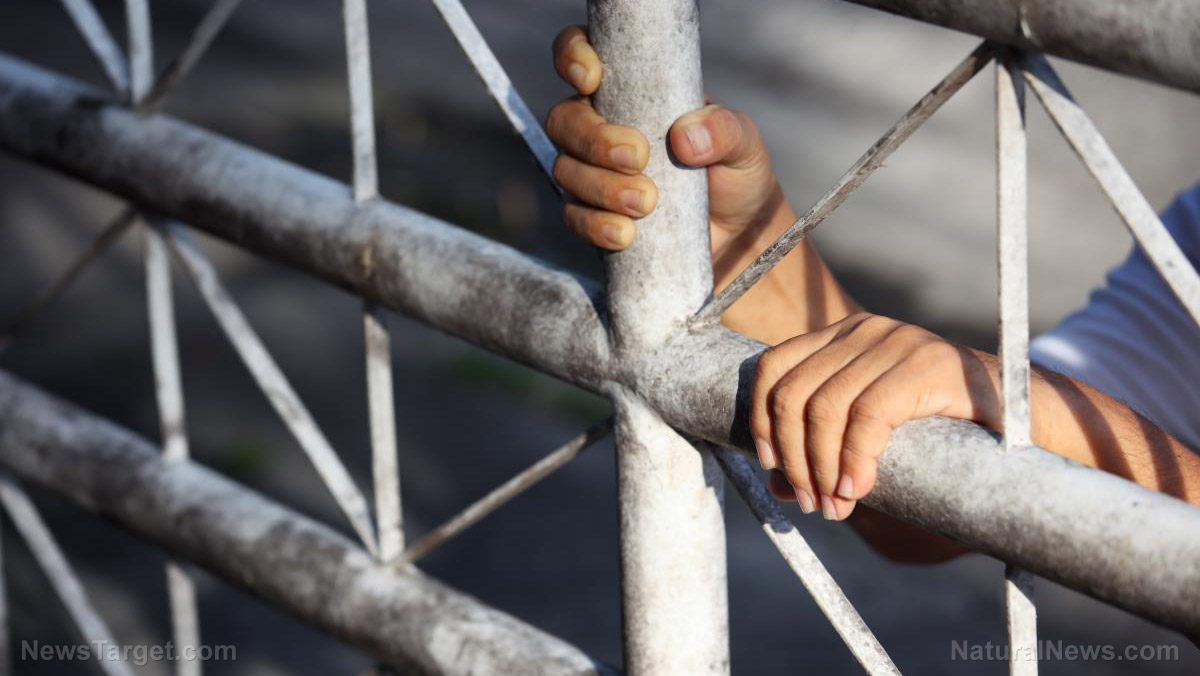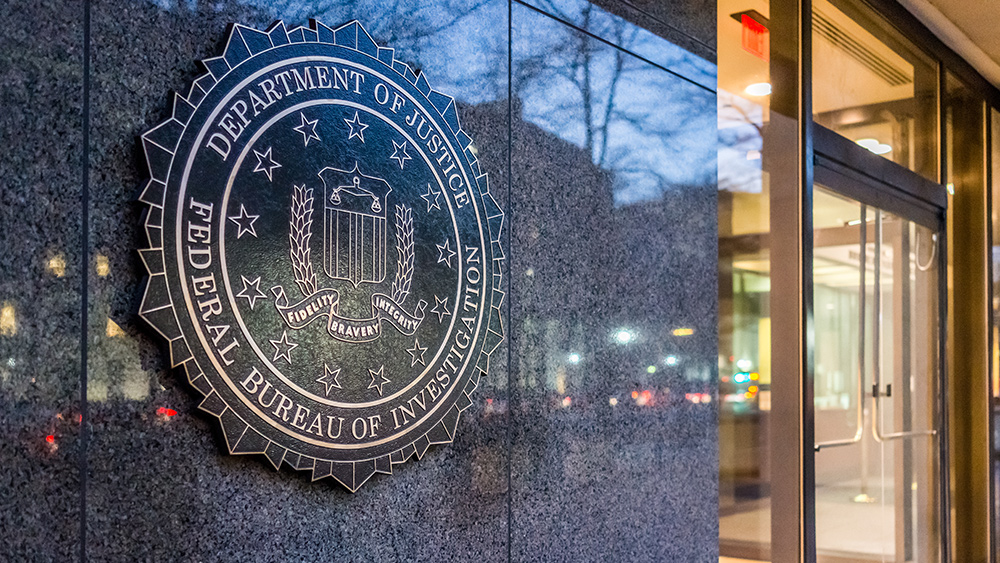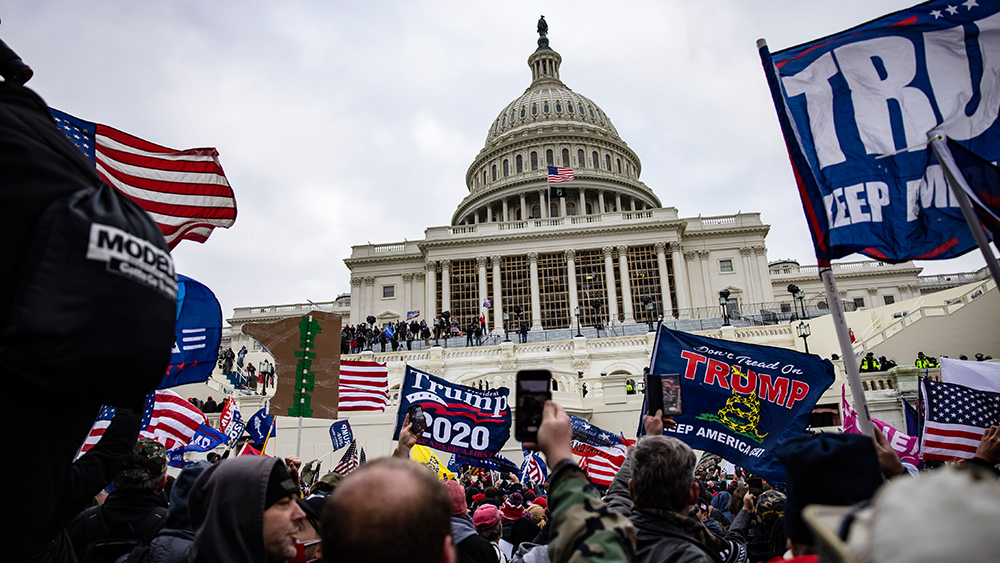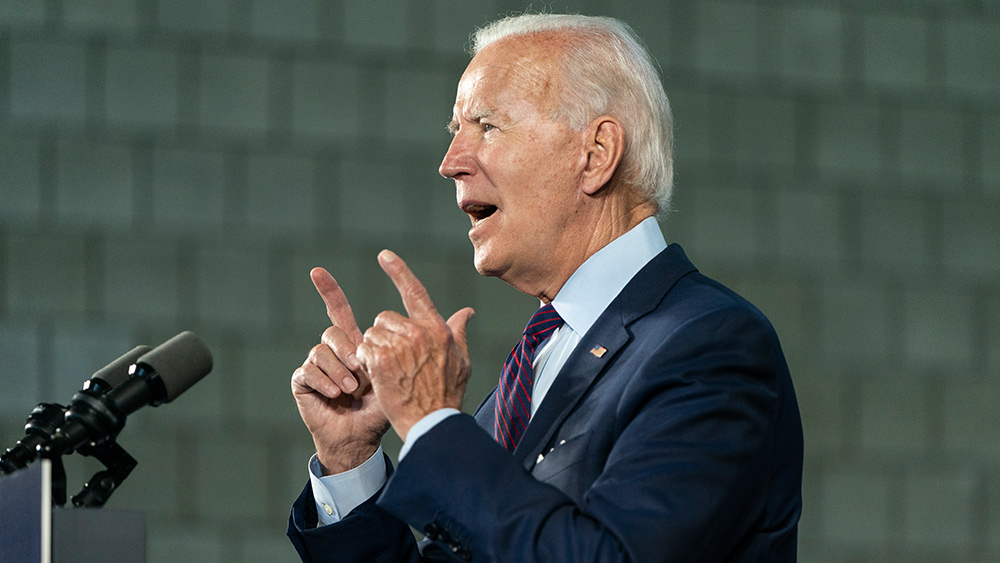At least 7 Apple suppliers are using slave labor in China, report reveals
05/17/2021 / By Cassie B.
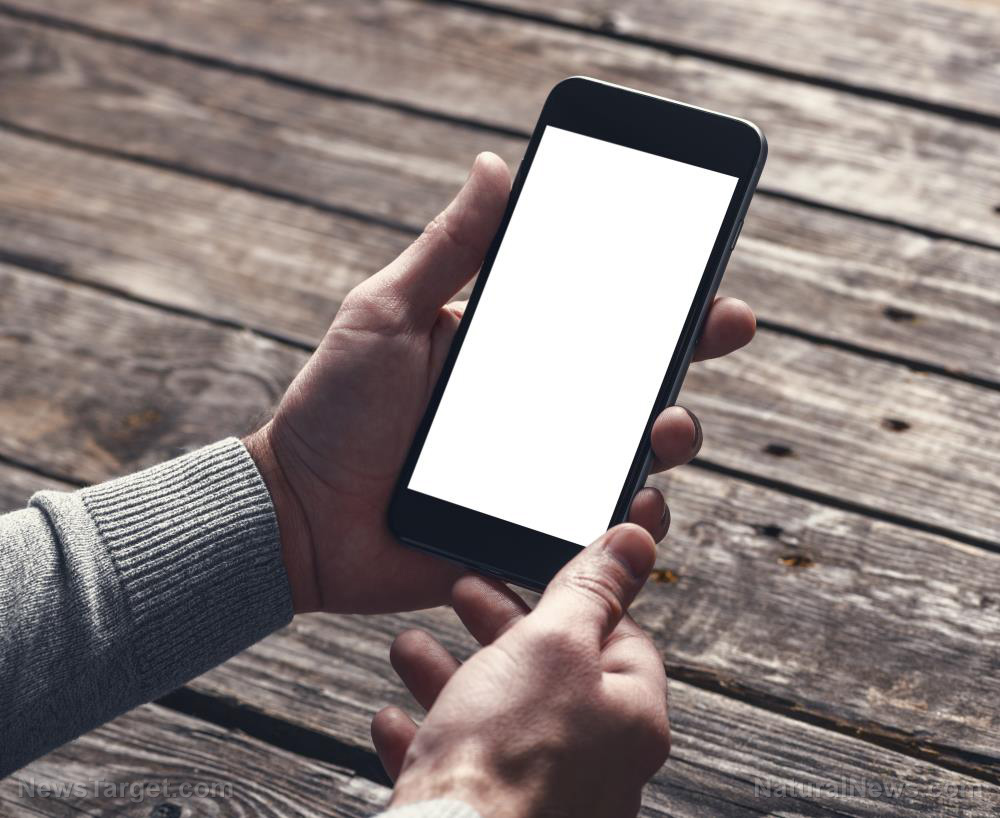
A troubling new report shows that several Apple suppliers have been using forced labor in China, a problem that has long plagued the company and many other tech giants. Two human rights groups worked with The Information to identify seven companies supplying services and products to Apple that have supported forced labor programs targeting the country’s Muslim minority population, including Uyghurs living in Xinjiang. Six of the suppliers are believed to participate in work programs that are operated by the Chinese government and are known to offer cover for forced labor.
Just one of the companies in question, Advanced-Connectek, is actually located in Xinjiang, where Uyghur Muslims are being enslaved and mistreated by the Chinese government. However, the Chinese government has been shipping Uyghurs from their native regions to eastern factories, where they must work or face jail time.
One supplier, Advanced-Connectek, had previously drawn concern when photos of their factory emerged showing barbed-wire-topped walls surrounding it and guard towers, which would presumably not be needed in places where people are working willingly.
Five of the companies in question reportedly obtained Uyghur and other minority workers at factories producing products for Apple. One is Apple’s biggest supplier, Luxshare. One of their circuit board manufacturers, Avary Holding, received 400 workers from Xinjiang last year, according to sources, although the company denies this. Meanwhile, antenna and cable producer Shenzhen Deren Electronic obtained 1,000 laborers from Xinjiang.
iPhone glass creator Lens Technology has obtained 600 workers from Xinjiang since 2018, while supplier AcBel Polytech has also been known to use forced labor.
Apple, however, claims that it has not found any evidence of forced labor where it operates. A spokesperson added that the company looks for forced labor in every assessment it conducts.
Apple just one of many companies benefiting from forced labor
Apple is not the only firm that has been connected to forced labor. Many tech companies that rely on suppliers in China are in a similar position. According to The Information, some of the same companies that rely on forced labor used by Apple have also worked with Google, Amazon, Facebook and Microsoft, to name just a few. While Facebook and Amazon claim that they do not work with suppliers who use forced labor, Microsoft and Google did not respond to the publication’s request for comment.
According to Human Rights Watch, more than a million Uyghur Muslims are persecuted in China. Many of them are detained in internment camps, where they are forced to abandon their culture in favor of Chinese customs. Some have been subjected to torture ranging from medical experiments and sterilization to organ harvesting and gang rape. China claims they are “reeducation” camps.
Several human rights groups and countries around the world have publicly condemned the actions of the Chinese Communist Party, calling its treatment of Uyghurs “crimes against humanity.”
Last year, The Information reported that Apple had ignored alleged labor law breaches by suppliers when it comes to the use of temporary workers. At the center of the controversy was a Chinese law that required for no more than 10 percent of a factory’s workforce be temporary workers, who usually have fewer legal protections and benefits than permanent ones.
Apple reportedly found in a survey of its supplier factories that half were over the temporary worker quotas, with some using them for more than 50 percent of their labor force. Although Apple asked suppliers to fix the situation, little was done and the firm ultimately decided to look the other way to avoid business disruptions, according to The Information.
A report by the Australian Strategic Policy Institute found that 27 factories across nine provinces in China had been using forced Uyghur labor since 2017, with more than 80,000 Uyghurs being forced to work in factories that supply major global fashion and technology brands such as Nike, Google, Samsung, Victoria’s Secret, Zara, LG, Lenovo, Fila and Calvin Klein.
Sources for this article include:
Submit a correction >>
Tagged Under:
Apple, Big Tech, CCP, computing, evil, forced labor, Glitch, human rights, slave labor, tech giants, technocrats, Twisted, Uyghur Muslims
This article may contain statements that reflect the opinion of the author
RECENT NEWS & ARTICLES
COPYRIGHT © 2017 PENSIONS NEWS









